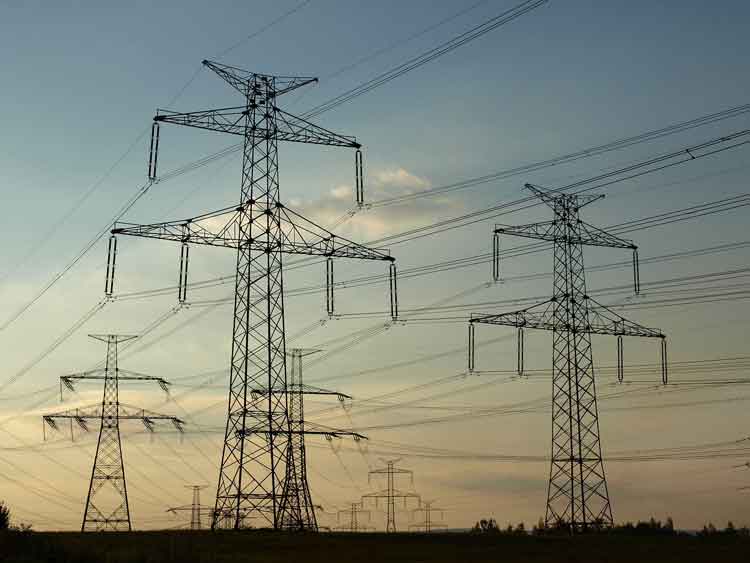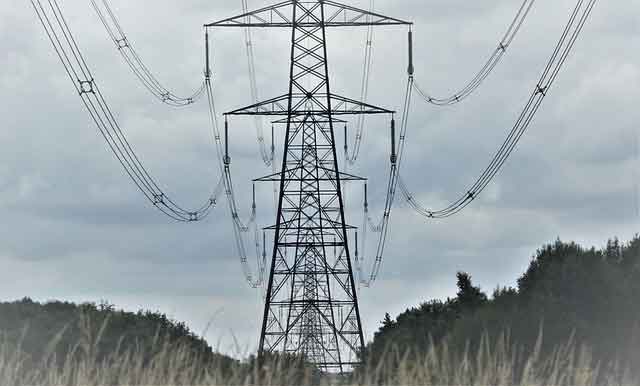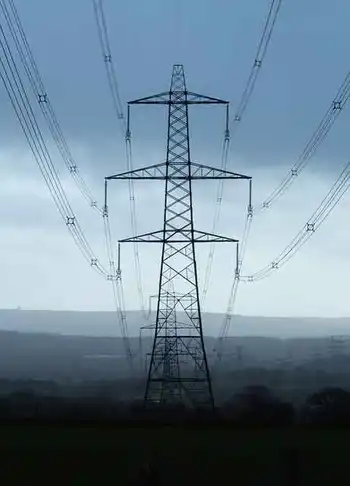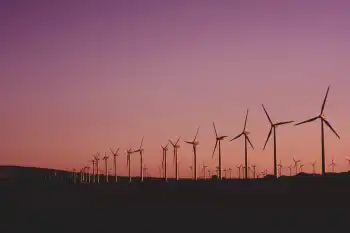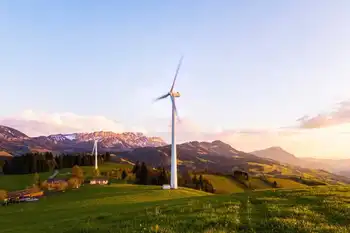$300 million approved for Thai energy projects
By Industrial Info Resources
Substation Relay Protection Training
Our customized live online or in‑person group training can be delivered to your staff at your location.

- Live Online
- 12 hours Instructor-led
- Group Training Available
According to Chaiyuth Sudthitanakorn, the executive director of ADB, the loan has been arranged from the "clean technology fund," which supports green energy projects in the region. ADB, the World Bank and other global financing agencies are managing $6.24 billion as part of a clean technology fund allocated by 18 developed nations, including Germany, the United States, Australia and Japan.
The fund has been created to help emerging economies execute green energy initiatives, including low-carbon energy projects. A "strategic climate fund" also has been set up, which will provide financing for renewable energy and foresting projects.
In November 2009, Thailand submitted a proposal seeking $300 million from the clean technology fund. Thailand plans to use the loan to develop renewable energy projects that will increase the contribution of alternative energy sources to 20% by 2020, and reduce greenhouse gas emissions in Bangkok 15% during the same period. A portion of the loan may be utilized to construct the Bus Rapid Transit System developed by the Bangkok Metropolitan Administration, and renewable energy projects conceived by the Provincial Electricity Authority and Electricity Generating Authority of Thailand (EGAT).
The financing may be extended to research studies for developing energy-efficient vehicles, subway expansions in Bangkok, and construction of energy-efficient houses and apartments. Thailand's Finance Ministry will take responsibility for identifying companies for the loan and grants. The rate of interest will be about 1% per year, with duration of 30 to 40 years.
Sudthitanakorn indicated that, unlike its neighbors, Thailand has not been an active borrower from ADB. Since 1969, Thailand has sought loans worth only $5 billion, while other Asian countries, including China, India, Vietnam and Indonesia have been borrowing heavily from the bank. Recently, China received a $1 billion loan from ADB toward construction of its southern railway network. ADB is working on a proposal with local Thai Banks to co-fund green energy programs in the country.
In a related development, Energy Ministry officials in Thailand have indicated that by 2016, the country will become the production hub for renewable energy equipment. Thailand has rich renewable energy resources and advanced indigenous technology for the development of alternative energy.
In 2010, the country's installed alternative energy generating capacity is expected to increase by 33%, year-over-year, to 3,650 MW. Thailand does not depend on imported technology for alternative energy development.
According to the Department of Alternative Energy Development and Efficiency (Bangkok), Thailand has spent about $1.33 billion to date on solar, bio-fuels and wind power technology development. Thailand, which is among the top renewable energy producers and consumers in Asia, is a leading exporter of ethanol and bio-diesel.
In the next couple of years, Thailand is expected to take a leading position in the production of wind turbines, solar and photovoltaic cells and geothermal power equipment.





